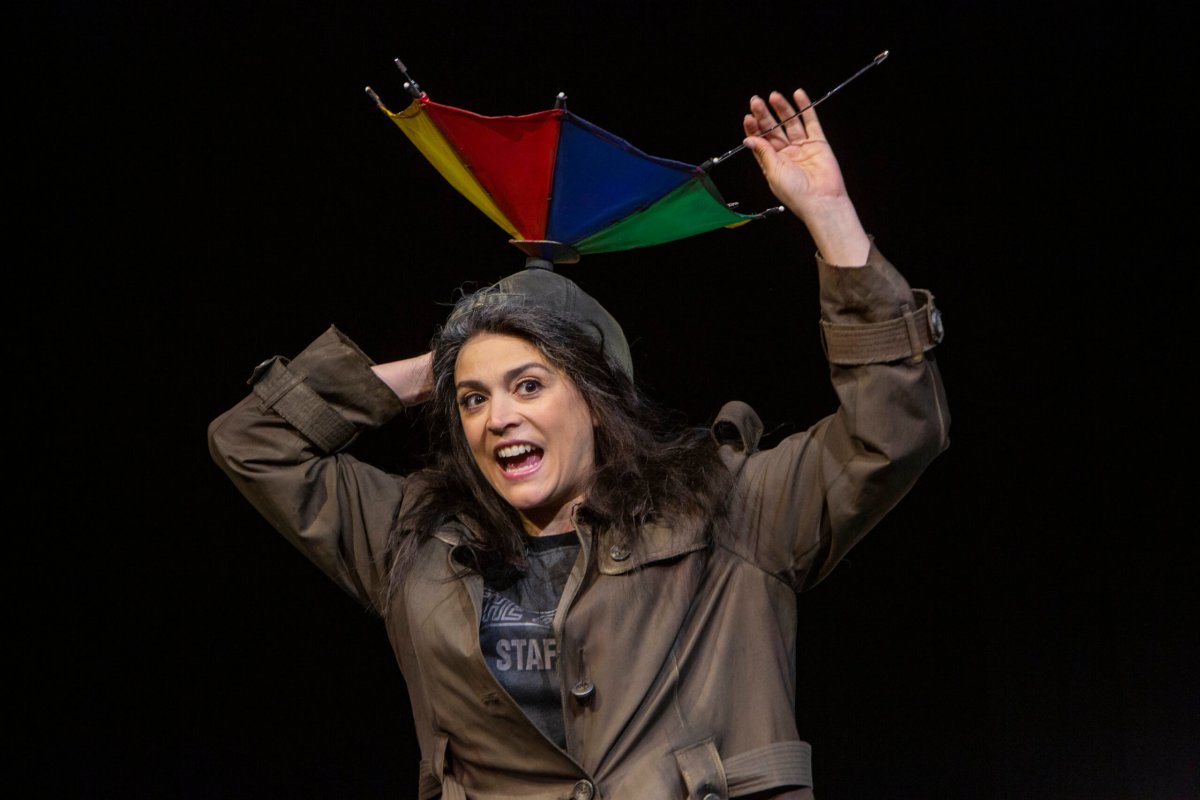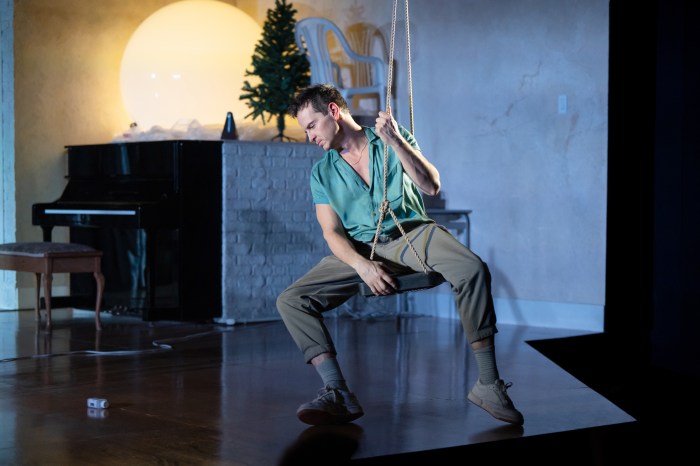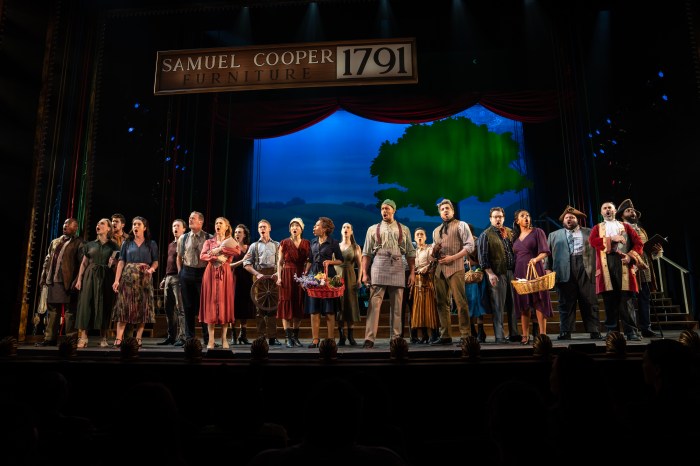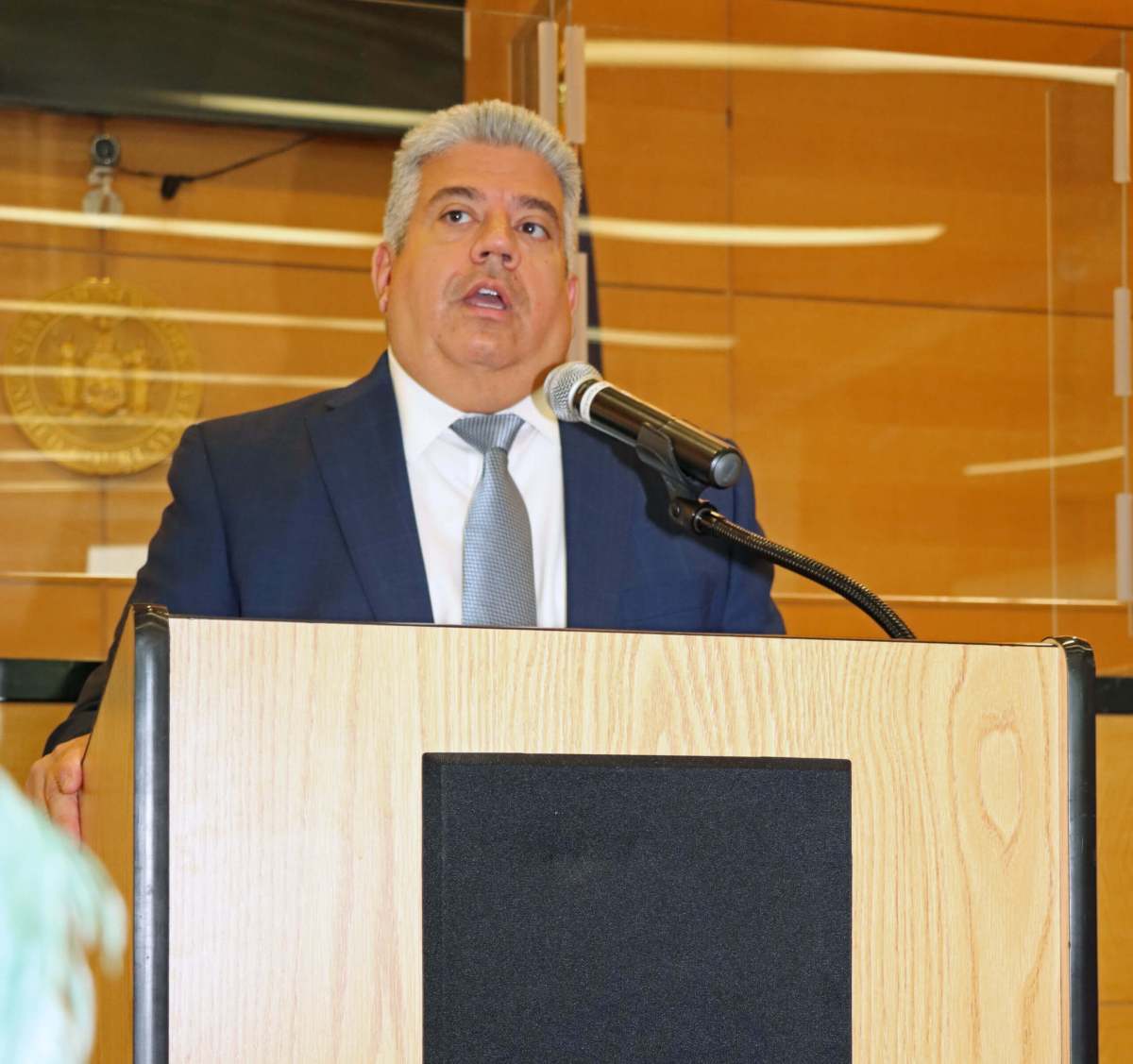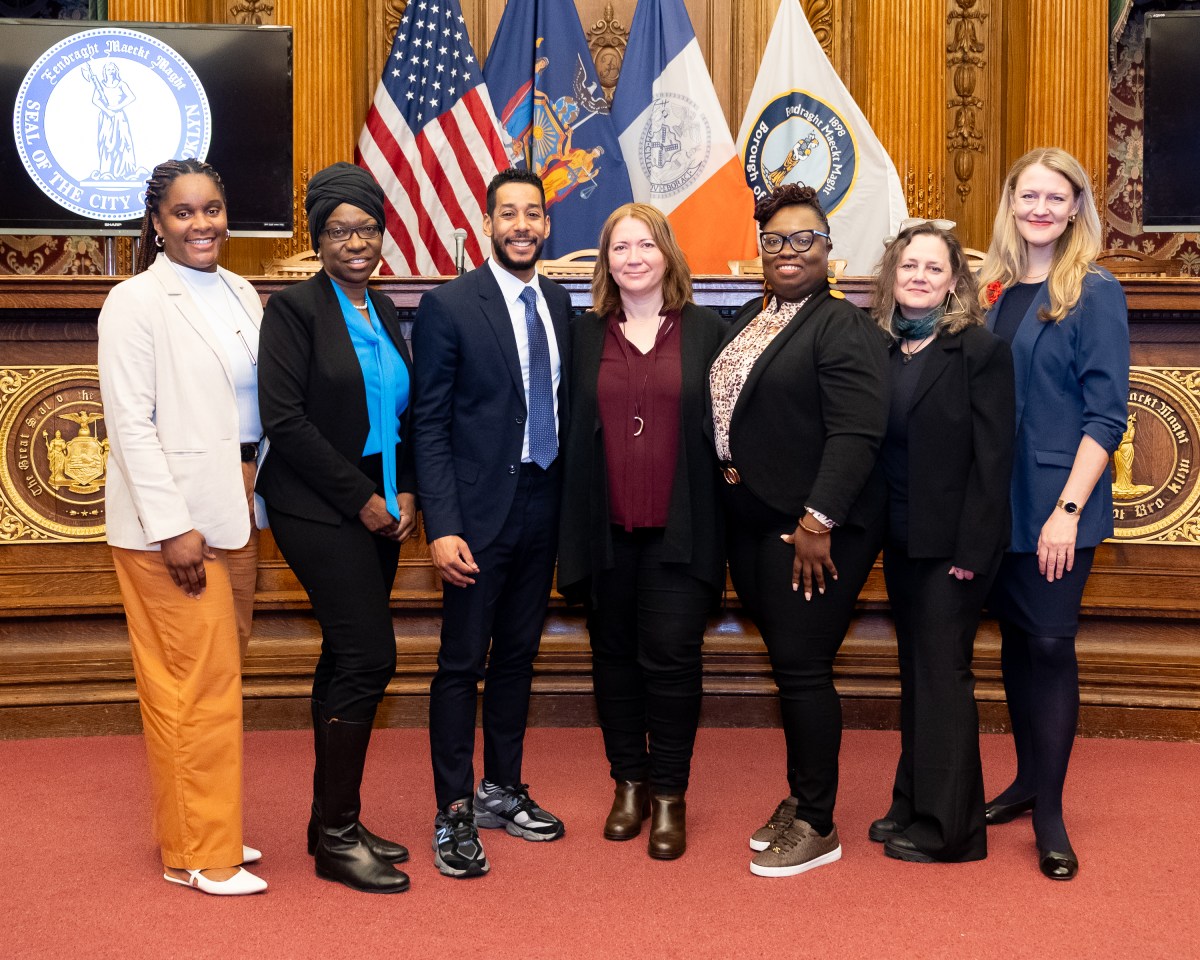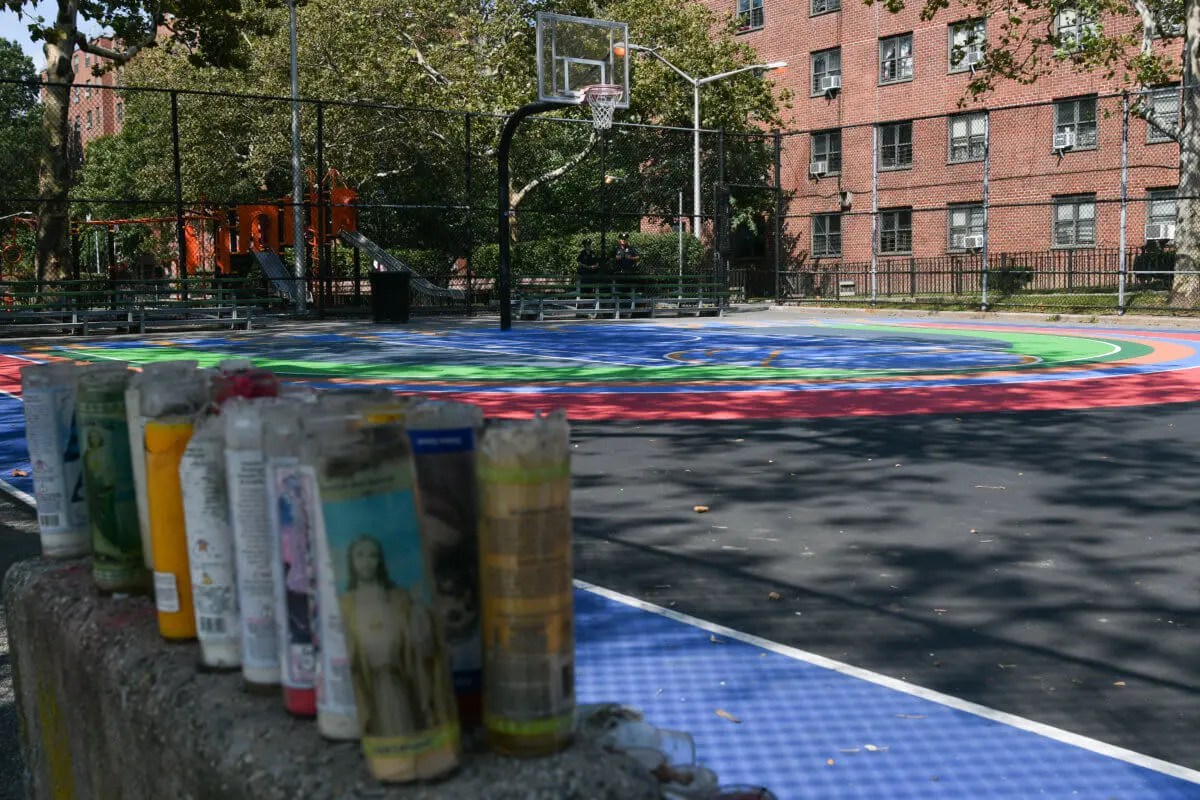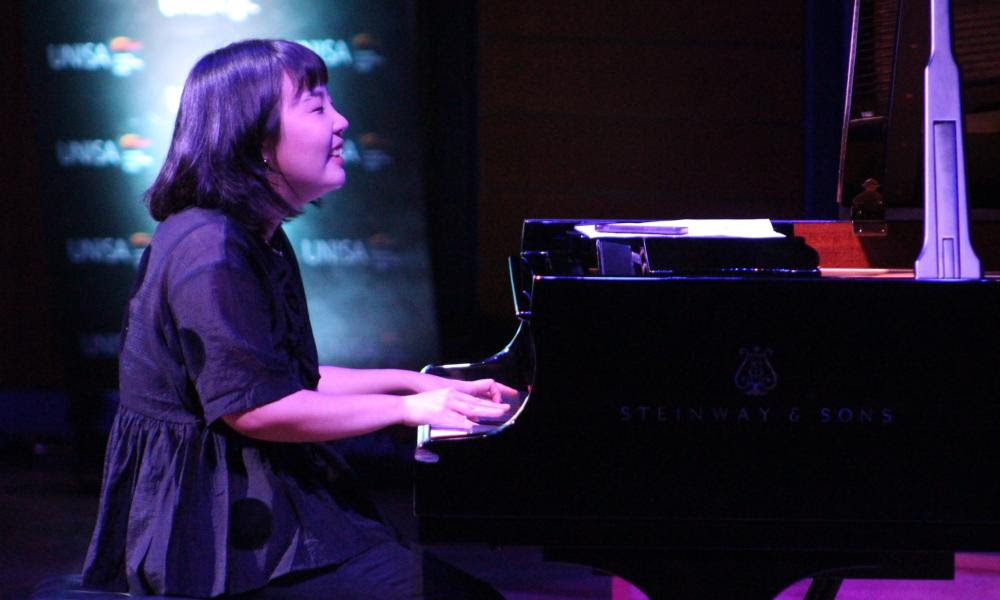You’ve got to give credit to 37-year-old “Saturday Night Live” performer Cecily Strong (who also recently co-starred in the TV musical series “Schmigadoon!”) for having the guts to make her theatrical debut in a rare (and well-meant but ultimately underwhelming) revival of Jane Wagner’s trippy 1985 solo piece “The Search for Signs of Intelligent Life in the Universe,” which will be forever identified with Lily Tomlin, who debuted the play and appeared in subsequent productions and a 1991 film version.
With both Wagner and Tomlin onboard as executive producers, the production (which has direction by Leigh Silverman) serves as a reopening event for The Shed, the physically transformative, multidisciplinary arts complex at Hudson Yards, which opened in 2019 and hosted various experimental works (including an absolutely bewildering piece performed by Renée Fleming and Ben Wishaw involving Helen of Troy and Marilyn Monroe) prior to the shutdown. By comparison, “The Search for Signs of Intelligent Life in the Universe” is a relatively mainstream programming choice.
In spite of a handful of edits to the text to reference the present day, the unapologetically sentimental and meditative one-woman play is firmly grounded in 1970s feminism, environmentalism, and self-actualization, and the subsequent loss of the idealism represented by those movements.
Structurally, it is centered around Trudy, a cheerfully kooky, homeless bag lady who informs the audience that she is waiting for her alien friends to arrive. Trudy also reveals that she has the ability to instantly enter and exit people’s minds in a trance kind of way, which leads to her turning into various other characters, such as two prostitutes, a haughty hair salon customer, a nonconformist teen girl, and a young woman struggling to achieve self-awareness.
About a third of the play consists a long-winded multi-character drama about a trio of feminists who endure sexism, physical assault, desertion, and the failure of the Equal Rights Amendment. “How naïve to think there was a time when we actually thought we were going to change the system, and all the time, the system was changing us,” one of them concludes.
While one can appreciate Strong’s enthusiasm and energy, she does not possess the heightened individuality, whimsicality, and physicality (as demonstrated by Tomlin in the film version, which can be found on YouTube) in order to pull off this very challenging and demanding piece, which requires switching back and forth between a dozen characters. Due to a lack of precision, it is occasionally difficult to follow the show or figure out who she is playing.
Strong is also not helped by the production design – in which various things are spread across the expansive stage of the 500-seat Griffin Theater –which looks sloppy and conflicts with the need for an intimate focus on a single performer.
Nevertheless, one can understand the impulse to revive the play at this time, given that it celebrates the human connection that virtually everyone has missed out on throughout the pandemic and lockdown periods. It also argues that the meaning of life is found not in philosophy or astrophysics but in everyday interactions among people – including but not limited to the audience members wearing face masks and showing proof of vaccination in order to attend.
Griffin Theater at The Shed, 545 W. 30th Street, theshed.org, through Feb. 6.



